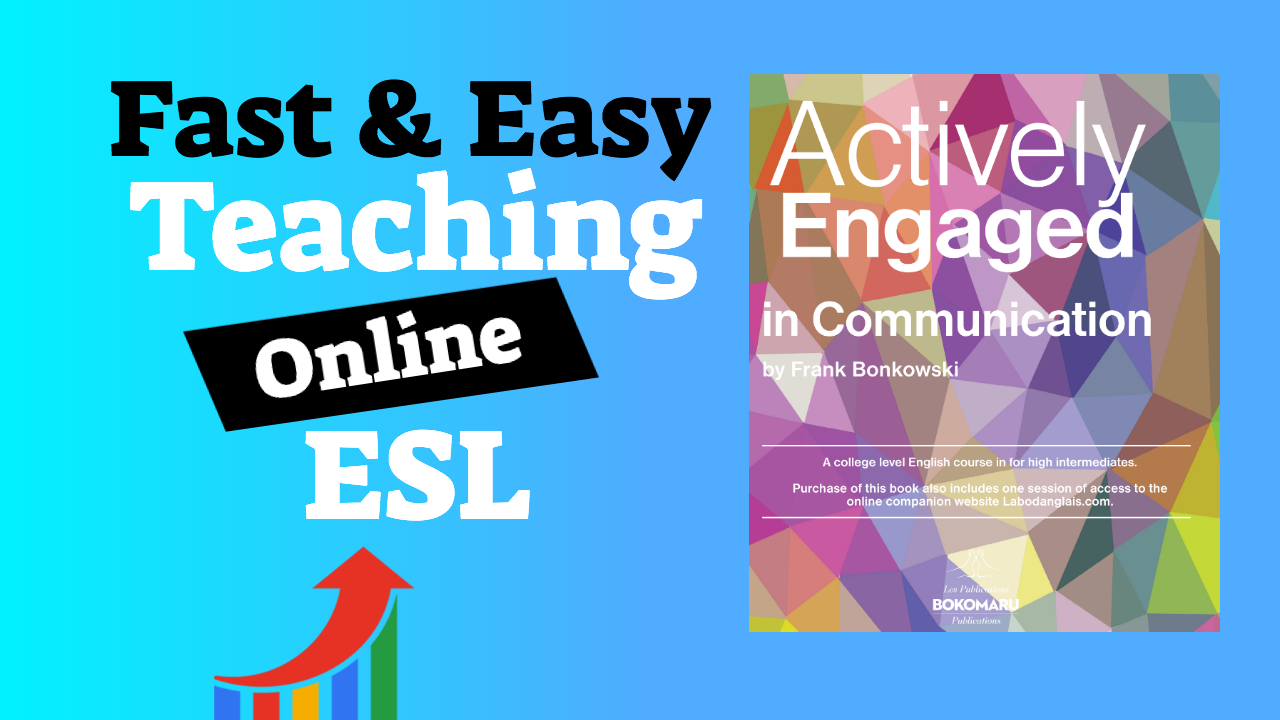
Using correct grammar in email writing
Using correct grammar in email writing
Categories
Categories

Frank B.
founder
Recent Posts


Teach ESL Academic Writing the Best Way Guaranteed
August 5, 2020

Encourage Critical Thinking in ESL Teaching
July 30, 2020

ESL Teaching Online Fast
March 29, 2020

Lesson Planning: Key to Successful English Language Teaching
February 27, 2020
Archive
Archives

Before you do anything else, please fill out this quick form so I can stay in touch with you with updates, news, events and gifts!

As a bonus gift, you’ll get my “6 Key Teaching Strategies,” which gives you lots of handy and useful tips on teaching writing!“
